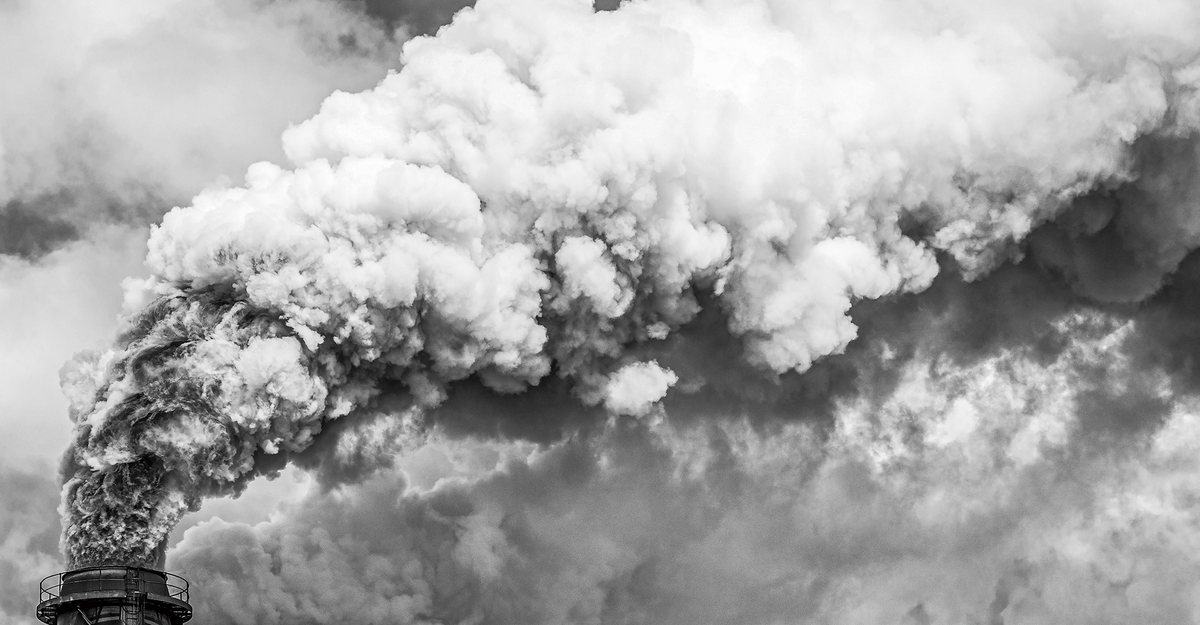- cross-posted to:
- [email protected]
- cross-posted to:
- [email protected]
On the last Saturday before Donald Trump took office, in January 2017, I watched the controlled chaos of a hackathon unfold in a library at the University of Pennsylvania. Volunteer archivists, librarians, and computer scientists were trawling government websites, looking for data sets about climate change to duplicate for safekeeping. Groups like this were meeting across the country. Flowcharts on whiteboards laid out this particular room’s priorities: copy decades of ice-core statistics from the National Oceanic and Atmospheric Administration; scrape the Environmental Protection Agency’s entire library of local air-monitoring results from the previous four years; find a way to preserve a zoomable map of the factories and power plants emitting the most greenhouse gases.
The fear was that the incoming administration would pull information like this from public view—and within a week, it did. By noon on Inauguration Day, the Trump administration had scrubbed mentions of climate change from the White House website. By May, officials had taken down the EPA’s page laying out climate science for the general public, as well as 108 pages associated with the Clean Power Plan, the landmark Obama policy meant to curb emissions from power plants—months before the Trump administration tried to repeal the policy altogether.
The administration’s goal was to bury the issue of climate change. Nothing was done to address it; the very mention of it was knocked from the national agenda—and, by extension, the international agenda. If Trump returns to office, he will surely double down on this strategy.



deleted by creator
I get it. I’m frustrated, too. I’ve tried so many times, too. If you think that somebody can’t be swayed, then it’s probably best not to waste time on them at all, but think about the other people - the ones watching the conversation play out, who may never say a word - what will move them? Sometimes, I do think being confrontational and telling someone off can be the best option, because other people are watching, and it’s what they see that matters. Other times, for the same reason, it’s not a good choice. And sometimes I just get mad and I say what I say, even though it might be doing more harm than good. And still other times, I don’t say anything at all, because I don’t know how to say something useful. It sucks. Giving a shit really sucks sometimes.
I try to remember how Hillary Clinton said “basket of deplorables”, absolute political malpractice, that was. When you give someone a choice between thinking of themselves as being bad, and thinking of you as being wrong, they’ll always make the same decision.
deleted by creator